DOJ will continue to push Apple to unlock iPhone 5s at center of Brooklyn drug case
The U.S. Justice Department plans to continue seeking legal action against Apple, in an effort to force the company to create a way to unlock an iPhone that is said to be a crucial part of a drug investigation.
The Brooklyn-based investigation has seemingly become the new case of interest in the ongoing dispute between Apple and the U.S. government, since the FBI found an alternative method to unlock the iPhone 5c at the center of the San Bernardino terrorist shooting. The years-old New York drug case remains ongoing, with the Justice Department hoping a court will compel Apple to help unlock the iPhone at the center of that case.
The government was already rejected once by the court, when New York Magistrate Judge James Orenstein said the government lacks legal authority to force any company to break its own digital security protocols. Undeterred, the government resubmitted its failed motion last month, hoping a higher court would rule in its favor.
In a new court filing issued on Friday, the Justice Department signaled once again that is has no intentions of dropping the case, saying "the government continues to require Apple's assistance in accessing the data that it is authorized to search by warrant." The filing was first discovered by The Wall Street Journal.
The government's appeal is being heard by U.S. District Judge Margo Brodie, and the filing makes it clear that the government does not intend to walk away from the Brooklyn drug case, as it did in the San Bernardino case. The DOJ withdrew its case against Apple in California last week.
In the New York case, the DOJ wishes to bypass the passcode lock of an iPhone owned by suspected drug trafficker Jun Feng. The Justice Department filed an All Writs motion last October, hoping to compel Apple to help break into Feng's iPhone 5s running iOS 7.
Apple has publicly stated that it only complies with orders for data retrieval when it is "satisfied that the court order is valid and appropriate."
 Neil Hughes
Neil Hughes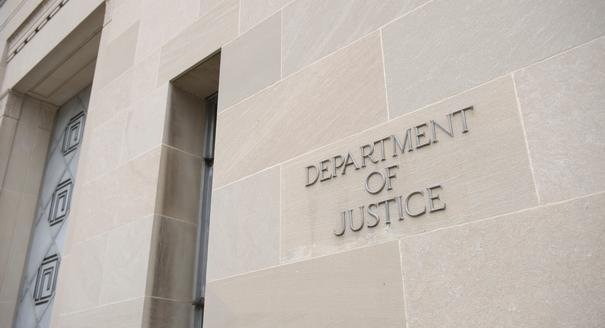
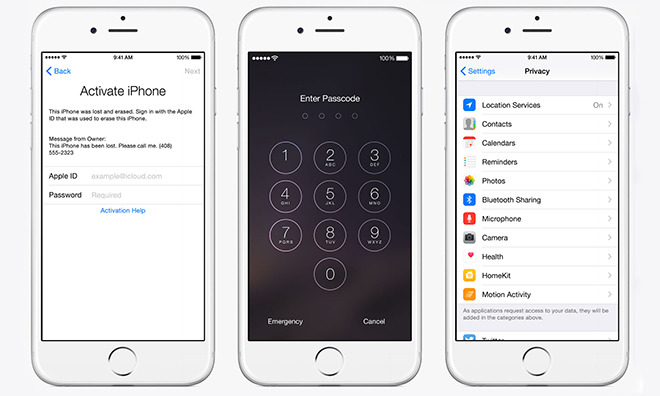










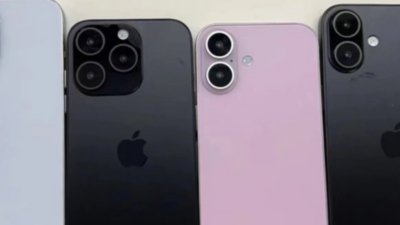
 Charles Martin
Charles Martin
 Christine McKee
Christine McKee
 Malcolm Owen
Malcolm Owen

 Mike Wuerthele
Mike Wuerthele


 Chip Loder
Chip Loder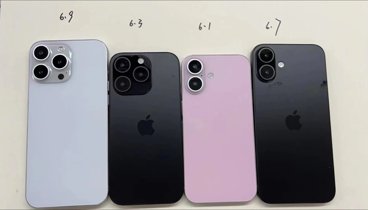
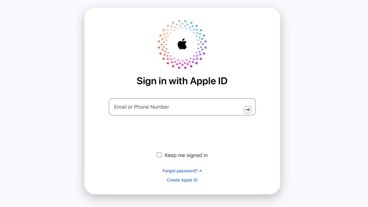






21 Comments
Sorry, govt. no backdoors.
Wow that was fast.
I'm assuming that those phone don't have 6+ pins (or alpha ones) cause otherwise Apple can't help them : sorry.
Even in this case, it would require decapping the enclave and maybe jamming the retry counter (highly likely to destroy the thing) and then using the copy in - copy out solution of the 5c.
That's likely a million dollar a pop with a high likelihood of failure. If the pin is long/complex, even with that they're off for a decade of trying the pin and copying the memory in and out. They'd probably need to replace the flash/battery a few time while doing that or it would likely fail ;-).
Most of these government unlock demands will be for the War on Drugs, not terrorism cases.
Yep, just this one time is sure panning out.